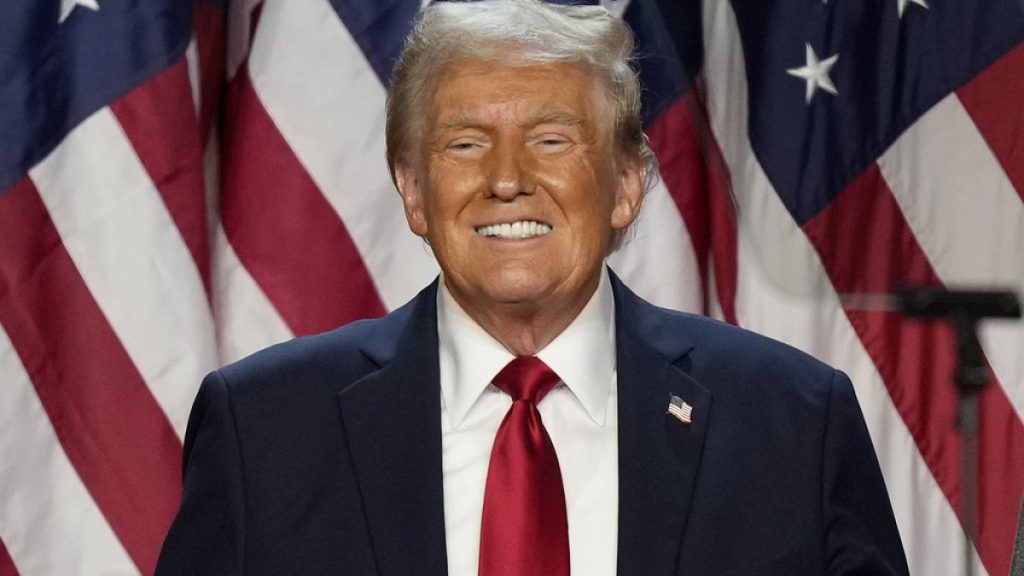The reemergence of Donald Trump onto the political stage has reignited concerns about potential trade tensions between the United States and the European Union. Just a month before his scheduled return to the White House, the former president issued a stark warning via his Truth Social platform, threatening tariffs unless the EU substantially increases its imports of American oil and gas. This declaration has injected uncertainty into the transatlantic trade relationship, raising the specter of a renewed trade war. Trump’s assertion hinges on the existing trade imbalance, framing the EU’s surplus in goods trade with the US as a justification for demanding increased energy purchases. This approach echoes his previous trade policies, which often focused on bilateral trade deficits and employed tariffs as a leverage tool.
The European Commission responded to Trump’s pronouncements with cautious diplomacy. While acknowledging Trump’s frequent commentary on EU-US trade, officials emphasized the multifaceted nature of the trade relationship. They pointed out that while the EU holds a surplus in goods trade, the US maintains a substantial surplus in services trade, a factor often overlooked in public discourse. The Commission reiterated its willingness to engage with the incoming Trump administration to strengthen the existing transatlantic partnership, including discussions on shared interests in the energy sector. This approach seeks to de-escalate potential tensions and emphasize the mutual benefits of cooperation.
The energy trade between the US and the EU has undergone a significant shift in recent years, particularly in the wake of Russia’s aggression against Ukraine. Europe’s efforts to diversify its energy sources have led to a substantial increase in LNG imports from the US. The US has become a key supplier of both petroleum and LNG to the EU, reflecting a strategic shift towards reducing reliance on Russian energy. This evolving energy landscape provides a backdrop to Trump’s demands, highlighting the strategic importance of energy trade in the transatlantic relationship.
While Trump’s social media post implied a direct communication with the EU, officials declined to confirm any official contact regarding the ultimatum. This ambiguity surrounding the communication channels adds another layer of complexity to the situation. The Commission reiterated its commitment to strengthening the transatlantic relationship, emphasizing the importance of dialogue and cooperation. This measured response seeks to avoid escalating tensions while upholding the EU’s position on trade and energy policy.
Trump’s tariff threat resurfaces a familiar pattern from his previous presidency, characterized by a focus on trade imbalances and the use of tariffs as a negotiating tactic. This approach has historically created friction with trading partners, including the EU, and raises concerns about a potential resurgence of protectionist policies. The EU’s response, emphasizing the complexity of the trade relationship and the importance of cooperation, suggests a desire to avoid a trade conflict and maintain a stable transatlantic partnership.
The unfolding situation underscores the challenges and opportunities inherent in the US-EU trade relationship. The interwoven nature of energy trade, strategic alliances, and economic interests creates a complex dynamic. Trump’s re-entry into the political arena injects an element of unpredictability, while the EU’s emphasis on dialogue and cooperation signals a preference for stability and continued engagement. The coming months will likely reveal the trajectory of this critical relationship, with significant implications for global trade and geopolitics. The potential for either intensified cooperation or renewed confrontation hangs in the balance, influenced by the evolving political landscape and the strategic choices made by both sides.














